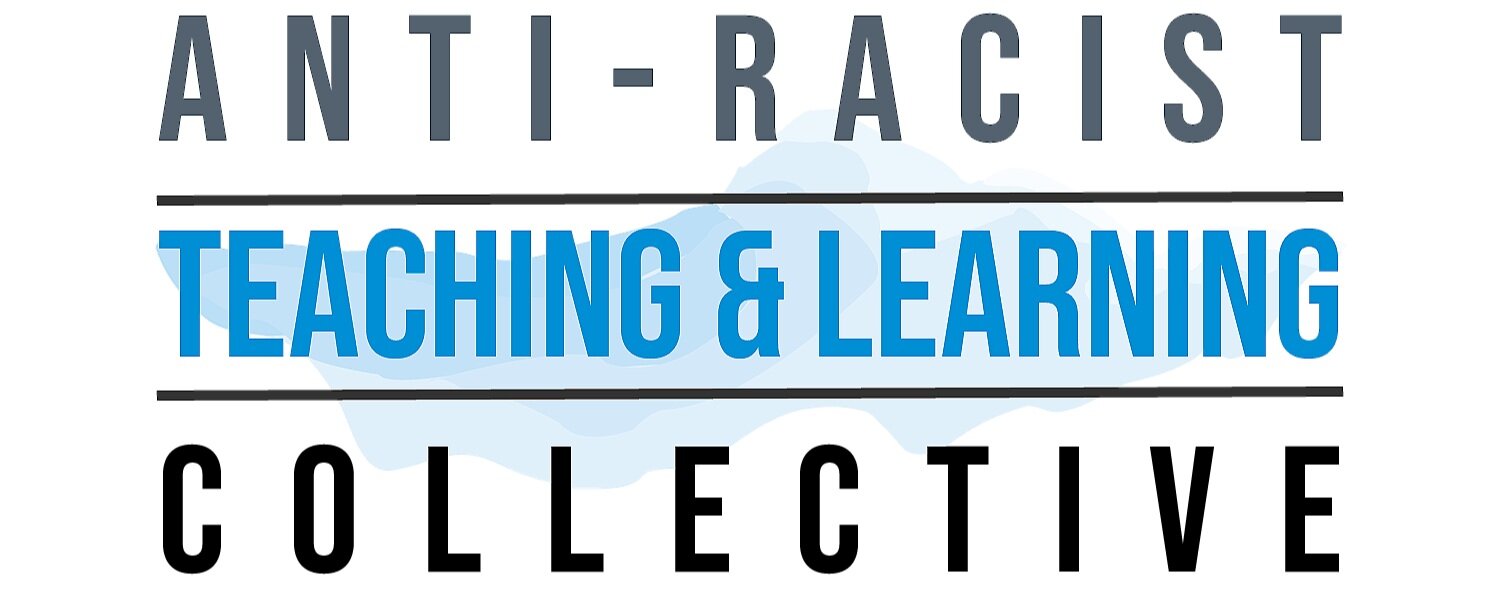Meeting Explores the Attacks on Anti-Racist Education in Connecticut
Connecticut has a diverse group of educators, schools, and youth-led groups committed to teaching about race and racism in ways that are accurate, complex and centered on the experiences and interests of students. Why then have these approaches come under attack? What forces are behind these campaigns, and what is their agenda for public education? And as we return to school this fall, how can we ensure that educators, parents and administrators are not silenced and punished for their efforts to meet the needs of their students?
These questions were taken up by a panel of teachers, students, parents, and education leaders in a special webinar on August 9th, 2021 that drew more than 200 participants. The ARTLC also produced a list of background stories, resources, and readings related to Critical Race Theory that was shared during the session.
The Panelists include Meredith Garvin, co-founder of New Haven Academy; Daisha Brabham, History & Civics Teacher at Norwalk Public Schools; Andrea Walker, Hearing Youth Voices, New London; Tenzin Dhondup, student activist, Naugatuck Equity Alliance, Naugatuck High School and Jorgieliz Casanova, New Haven Public Schools graduate and parent, Program Manager at New Haven Promise. The panel was co-moderated by ARTLC Steering Committee Members Rashanda McCollum, Executive Director of Students for Educational Justice and Daniel Martinez HoSang, Yale University.
The panel opened with a discussion introducing CRT from co-moderators Daniel Martinez HoSang and Rashanda McCollum. Panelists Daisha Brabham and Kristin Mendoza, who are both Connecticut public school teachers, then outlined broad goals for their students and gave examples of how they engage in anti-racist teaching. "I'm really asking my students to develop a deeper understanding of the world around them," Brabham said. “I'm also just asking them to really develop their voices, so that they can speak out against injustice that they see … I think the dominant notion is that anti-racist teaching is only for Black students or students of color. It's for all students."
The conversation then turned to the perspectives of student organizers Andrea Walker from New London's Hearing Youth Voices and Tenzin Dhondup from the Naugatuck Equity Alliance. Both pushed back against what they described as the “sugar-coated” version of United States history that is often taught in schools. "The way race and racism should be taught in schools should be with complete honesty," Walker said. Dhondup added that "what students are looking for, and teachers, is [administrators'] willingness to amplify and listen to those voices unfiltered" in a way that does not just "reinterpret it so that it is more palatable."
Jorgieliz Casanova, a New Haven Public Schools parent and Program Manager at New Haven Promise, spoke next about how she supports her son's teachers when they receive criticism about their curriculum from other parents. "When I feel like I have an educator who shares that vision with me to give my son nothing but the truth … I want to support that educator, and I want to make sure that they're able to know that what they're doing is much greater than just this lesson plan that maybe one or two parents are challenging," Casanova said.
The final panelist, Meredith Gavrin, discussed her work as co-founder and Program Director at New Haven Academy. "I think it would be my role as a building leader to sort of hold [objecting] parents to the same level of rigor that I'm holding my students to," she said. She also emphasized the importance of "being as informed as we can be, as building leaders, about the particulars of what our teachers are teaching, so really knowing the curriculum deeply — and then, frankly, I think, as building leaders, we should never be asking a teacher to do the work alone of defending themselves."
The event concluded with questions from the audience and final thoughts from the panelists. "Our students can handle more than we think they can," Gavrin said. Mendoza advised teachers to "find your team, even if it's your one partner-in-crime at work who you can kind of scheme with a little bit. And see where you can make inroads, even if they feel really small at first." And Walker added, "Children know fair from unfair. They know right from wrong. And although they're in the process of learning they know when they see something that, hey, that's not right. They know right from wrong enough to be able to understand these complex conversations that definitely need to be had."
